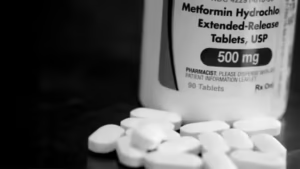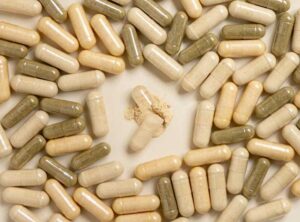According to a new study, obesity and health issues resulted owing to high sugar content in beverages can be addressed by augmenting the pH level and decreasing the number of TDS (total dissolved solids) in water. The research was led by scientists from Innovate UK, the UOS (University of Sheffield), WET Global Ltd., and De Montfort University. The study stated that the standard technique to clean water from a source forms an acidic medium for it by a pH of 6.1 and that sugar is usually added to drinks to counterbalance the resulting bitter and salty taste.
The testing discovered that water becomes quite acidic when flavors, sugar, and carbon are added, making soft drinks with a 2.5 pH level. The present methods are unable to regulate the pH value of RO (reverse osmosis) water, so WET Global developed its patented AES (activated enhancement system) technology. The system utilizes a copyright process to imitate nature in regard to create low TDS or high pH water. The AES produced alkaline water that did not fall under a pH level of 9 following the addition of flavorings, so added sugar is not required to counterbalance acidity.
Recently, the UOS was in news for stating that a new online tool can tell the person’s perils and benefits of joint replacements. The new online tool was devised by scientists from the UOS that will present patients exclusive personalized data related to the perils and benefits after having a joint replacement for the first time. Reportedly, more than 220,000 knee and hip replacement surgeries are performed in the U.K. every year. At present, the patients are provided with very general information regarding the procedure either from their consultant, general physician or by looking on the internet.









